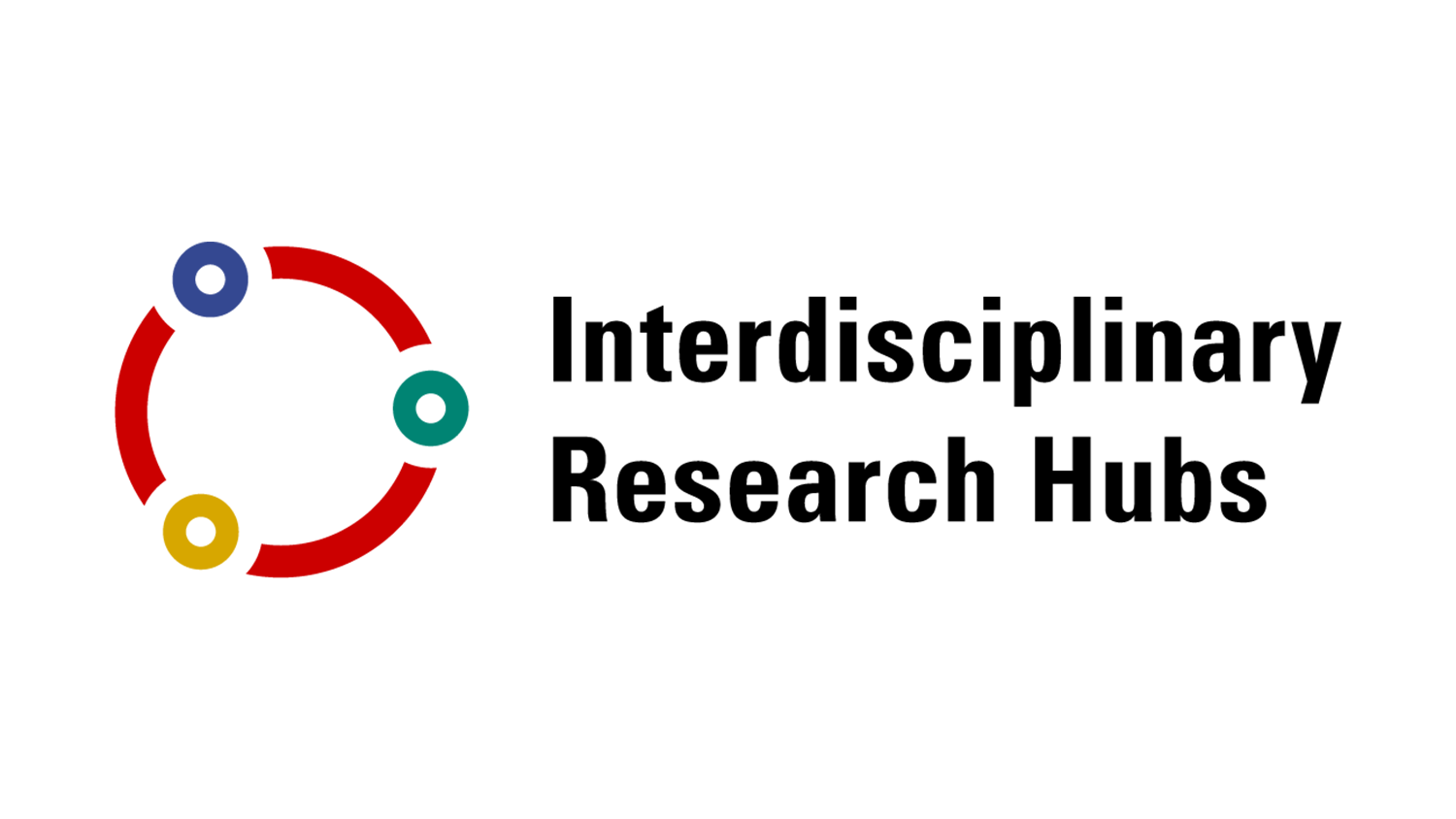New White Paper Serves as Beginner’s Guide to Practitioner Research in Social Studies

What can improve social studies practice immediately? NC State College of Education Associate Professor Meghan Manfra and her colleagues recommend practitioner inquiry and action research in a new white paper “Moving Our Field Forward: Practitioner Research in Social Studies” which is available to download now.
[spotlight-box label=”” img=”” heading=”Graduate Programs UsingProject-Based Inquiry” cta=”Learn more” url=”https://ced.ncsu.edu/news-new/programs/new-literacies-and-global-learning-master/”]When teachers take an inquiry stance regarding their teaching, they become students of their students, Associate Professor Meghan Manfra says. The NC State College of Education has built its master of education program in New Literacies and Global Learning (NLGL) around this concept using Project-Based Inquiry. The program is offered in five subject areas: K-12 reading, English language arts and social studies.[/spotlight-box]
The free, open resource for educators explains how action research refines the practice of social studies education while improving both teaching and learning. It also offers examples from the field demonstrating how the various forms can impact students and the educators themselves.
“When teachers conduct action research the results include better teaching practice and an increased sense of efficacy and professionalism,” Manfra said. “As action researchers, teachers integrate theory into practice while also contributing to the knowledge base — they create theory through practice.”
Action research disrupts the traditional paradigm of education reform as top-down, outside-in to engage teachers in systematic and intentional reflective inquiry, Manfra says, and it helps give those teachers a voice in conversations about what works in education.
“Moving Our Field Forward: Practitioner Research in Social Studies” at a Glance
Manfra has seen the power of action research in classrooms for the past 15 years, first studying the methodology in her dissertation work. Sage Publications will publish her research methods text, “Action Research for Classrooms, Schools and Communities” next year.
She offers three takeaways, in her own words, from “Moving Our Field Forward: Practitioner Research in Social Studies” below:
- In teacher education, we need to bring more teachers into conversations about education reform. Practitioner research, including action research and self-study, provides a structure for engaging practitioners as co-researchers to bring about change.
- By bridging the gap between theory and practice, practitioner inquiry is emancipatory – it breaks down traditional barriers in access to research, while also empowering practitioners as researchers and theorizers.
- We believe more of the same in education reform simply will not do. By embracing practitioner research, the field of the social studies can begin to address some of its biggest challenges. These include improving teacher learning, addressing the marginalization of the social studies in the school curriculum, and engaging community stakeholders in our work.
[button]Download the white paper[/button]
- Categories:


